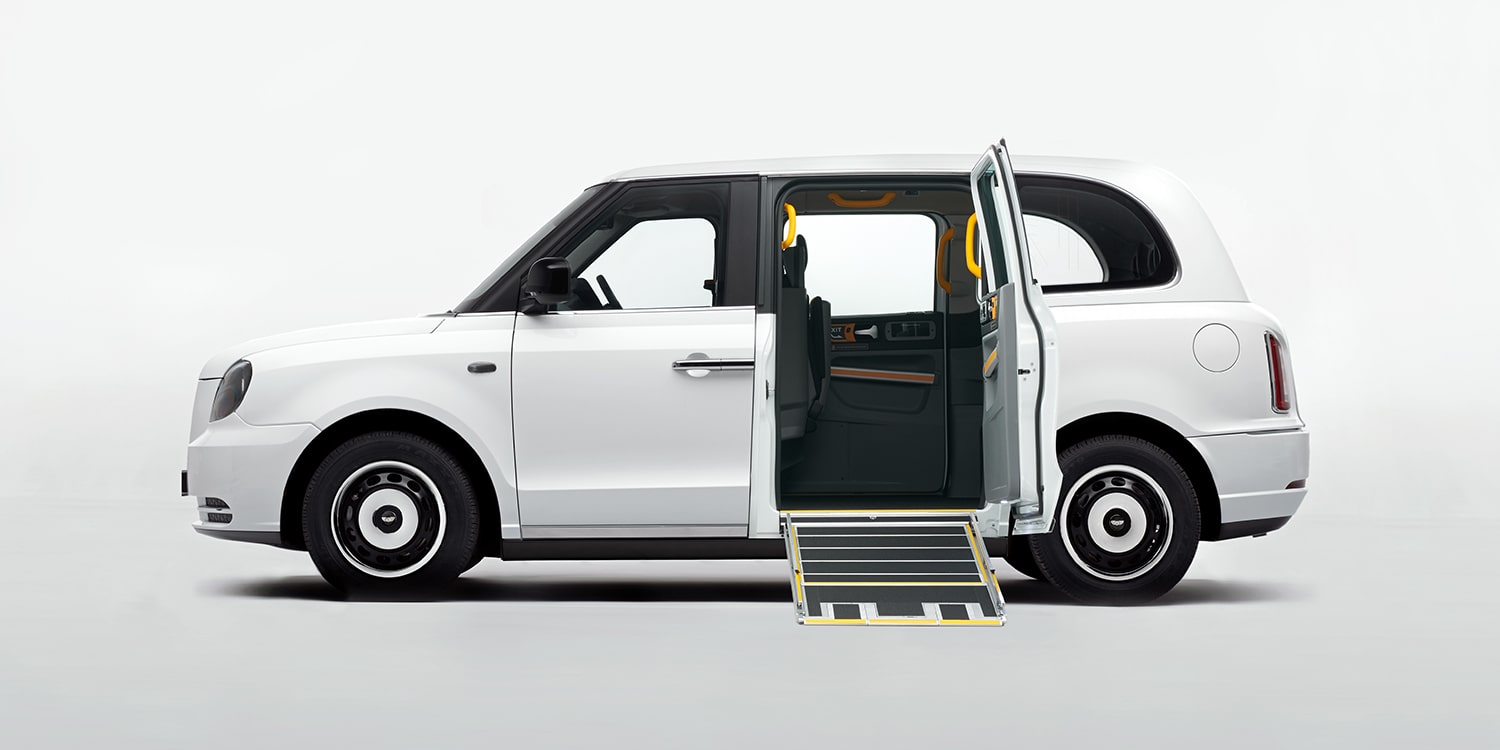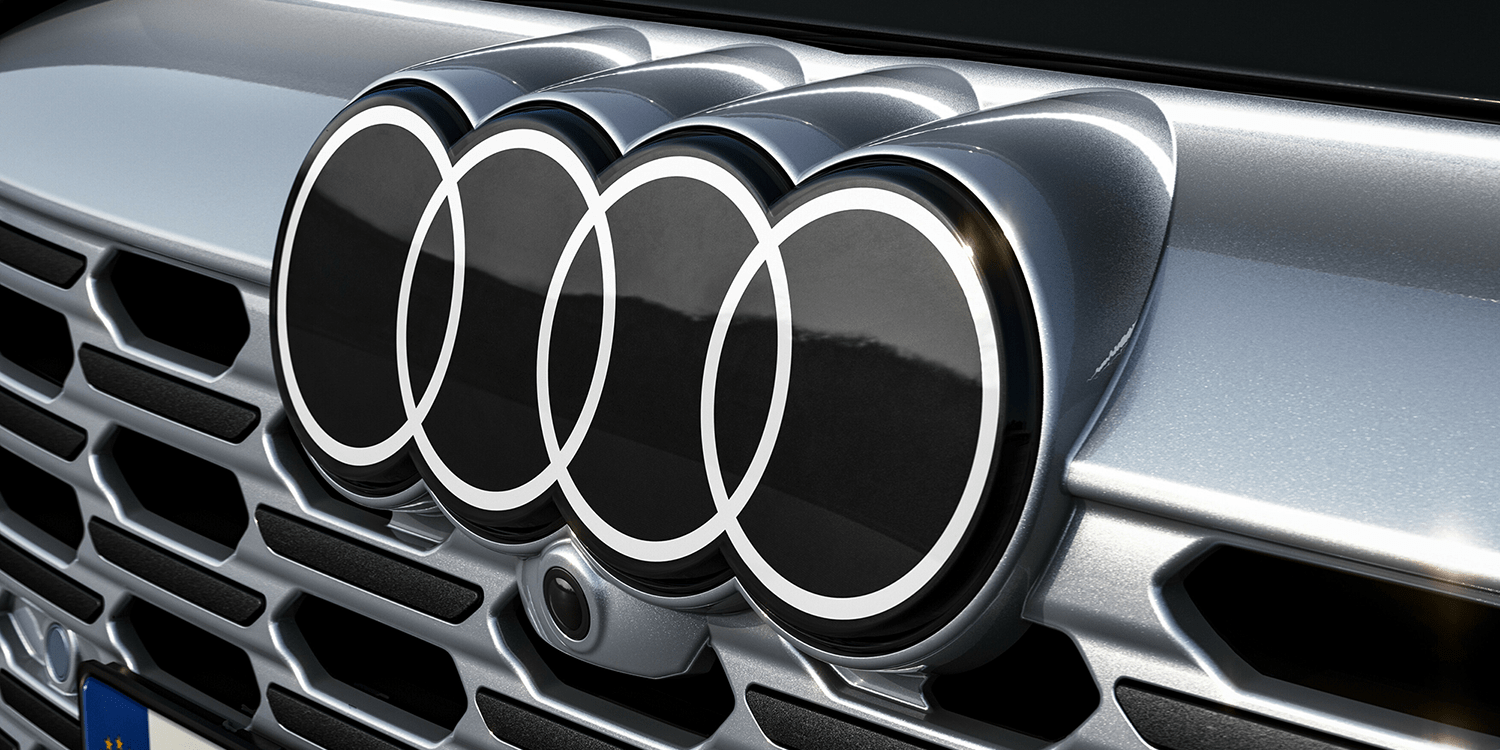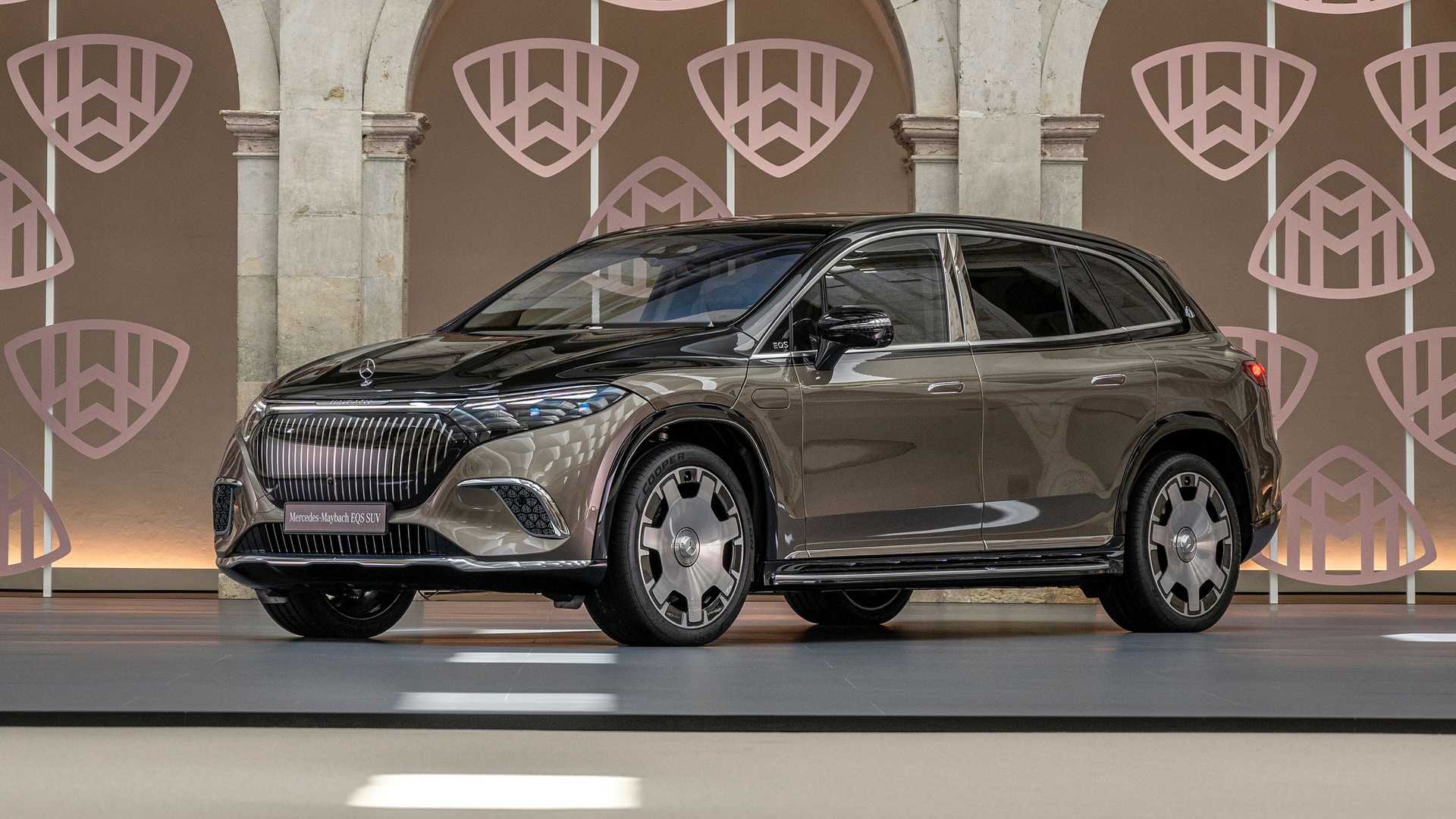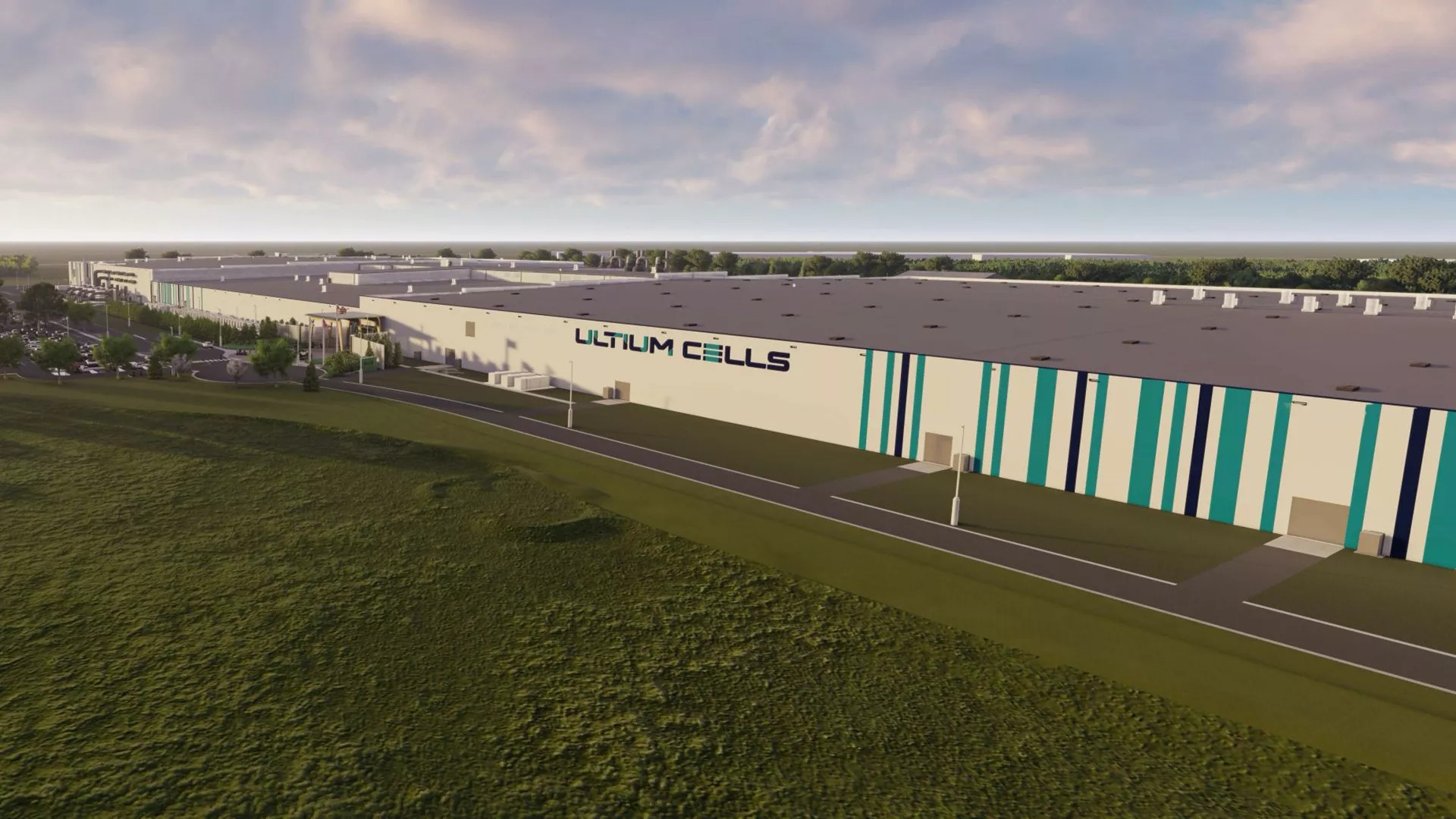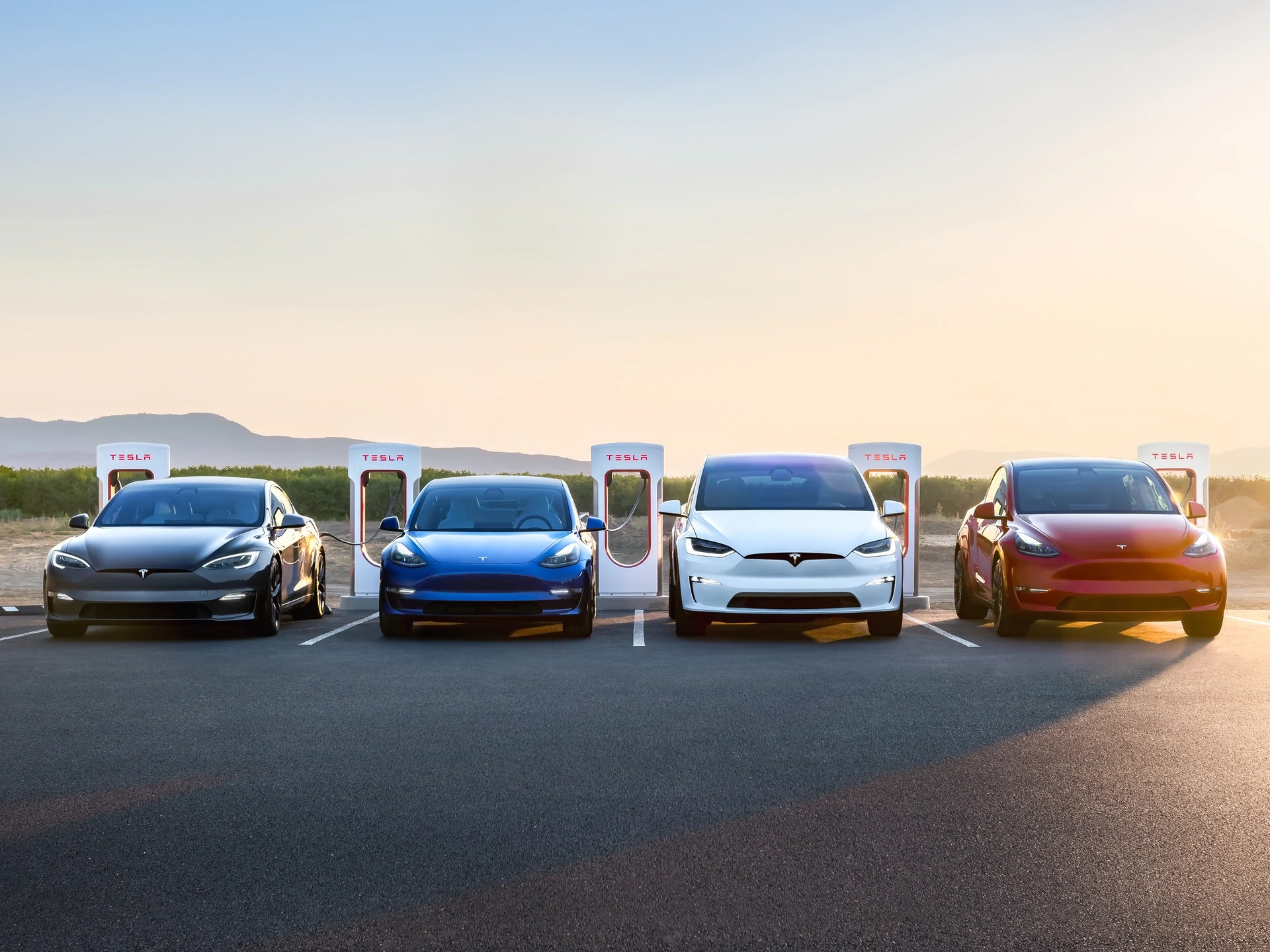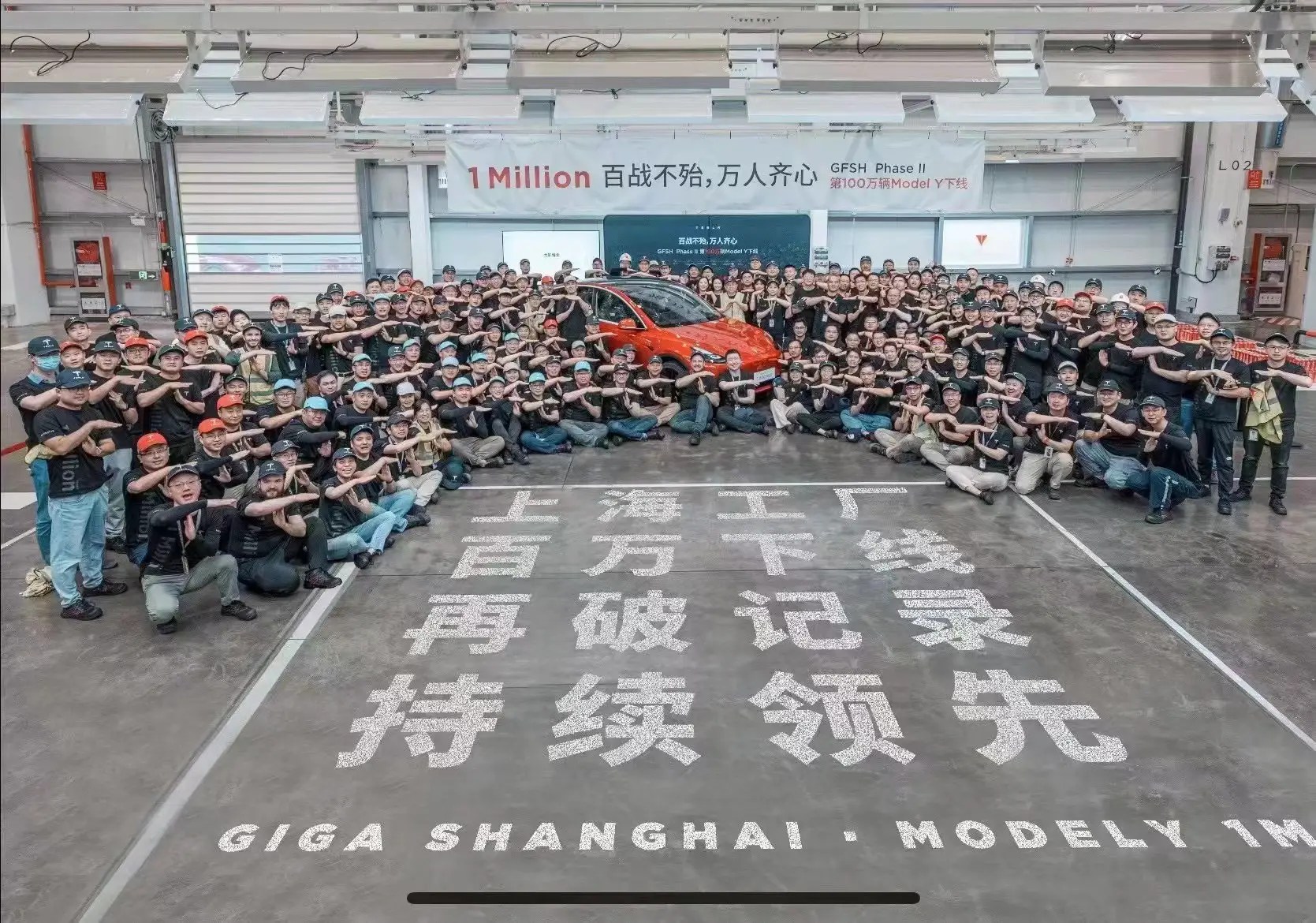In a significant strategic move, Toyota, the Japanese automotive giant, has announced a shift in its hydrogen strategy, with a newfound focus on capturing market share in Europe and China instead of North America. The company has set an ambitious target of selling 200,000 fuel cell vehicles (FCVs) by 2030, primarily consisting of trucks but also including passenger cars.
This decision marks a turning point for Toyota, as its previous emphasis had been on passenger cars and the North American market, a strategy that had experienced limited success. Despite launching the Mirai fuel cell electric vehicle (FCEV) about ten years ago and marketing it primarily in California, Toyota’s sales in this segment remained niche.
See also: Toyota Unveils AE86 Restomods with Hydrogen and Electric Powertrain
In 2022, Toyota sold just over 3,900 fuel cell vehicles, accounting for less than half a percent of its global sales of approximately 9.5 million vehicles.
On the other hand, the hydrogen landscape in Europe appears more promising, particularly in the heavy-duty segment. Toyota has been proactive in Europe by spearheading the development of hydrogen infrastructure. This week, the European Parliament approved infrastructure regulations that mandate hydrogen refueling stations every 200 kilometers along Europe’s major roads by 2028.
While the target of selling 200,000 fuel cell vehicles may seem modest, Toyota’s Chief Technology Officer, Hiroki Nakajima, expressed confidence in achieving and surpassing this number. “This may be a strange way of putting it, but 200,000 is not a big number,” Nakajima remarked during a press briefing. “We believe this number and more can be achieved.”
By concentrating their efforts on China and Europe, where hydrogen production and demand are higher, Toyota aims to drive down costs. Nakajima revealed to Reuters that the company plans to strengthen partnerships with other companies to facilitate this goal.
See also: Toyota completes test for long-distance hydrogen bus with fuel cell technology from Mirai sedan
Toyota intends to commence fuel cell powertrain production at its plant in Kentucky, USA, in December of this year, with a primary focus on heavy trucks. Additionally, the company plans to supply these powertrains to other manufacturers. Toyota has already established such partnerships with US-based Paccar, the Dutch VDL Group, and France’s Hyliko. Furthermore, Toyota reached an agreement with Daimler Truck in May to merge its truck subsidiary Hino with Daimler’s truck division Mitsubishi Fuso, aiming to collaborate on hydrogen and other electrification solutions.
According to Nakajima, Toyota needs to achieve a monthly production volume of at least 10,000 units to break even in fuel cell production. The company’s forthcoming hydrogen fuel cell system, expected in 2026, aims to reduce the cost of the fuel cell stack by 50%, lower fuel prices by 25%, and improve the vehicle range by 20%.
In June 2023, Toyota released its comprehensive electrification strategy, which highlighted advancements in battery-electric solutions, including solid-state technology. However, the company reaffirmed its commitment to a diversified approach to powertrains, continuing to utilize fuel cell technology alongside battery-electric powertrains.
See also: Toyota Unveils “GR H2 Racing Concept” Prototype for Le Mans’ New Hydrogen Car Category
Toyota predicts that the global market for fuel cells will expand to around $35 billion by 2030, a growth of over 15 times compared to 2020, according to a forecast by market research firm Fuji Keizai.
In contrast, BP, the petrochemical corporation, recently released an outlook titled ‘BP Energy Outlook 2023’, which projects virtually no market potential for hydrogen-powered cars in 2035 and 2050. While BP remains interested in the hydrogen business, its focus lies on “processes that are difficult to electrify,” such as the steel and chemical industries, their own oil refineries, as well as shipping and aviation.


